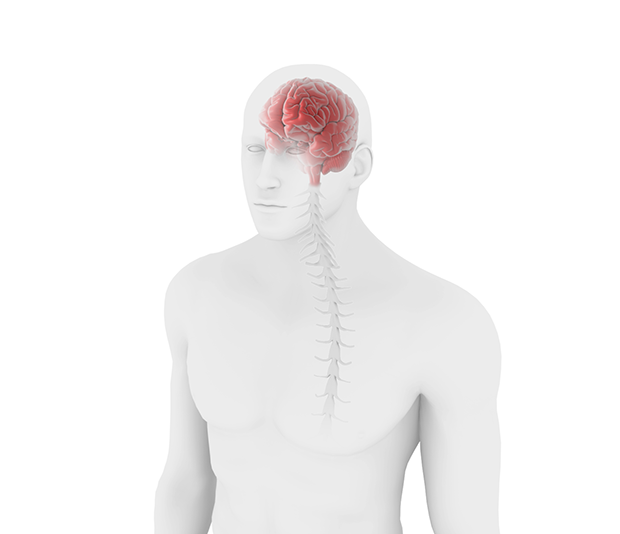Navigating MDD
Timely diagnosis and management of MDD is important to improve the heavy personal, societal, and economic burden of MDD. In 2018, the incremental economic burden of adults with MDD in the U.S., including costs related to suicide and workplace costs, was $326.2 billion.7
MDD also increases the risk for other diseases:
- Individuals with MDD may be 40% to 100% more likely to develop coronary artery disease.8,9
- The odds ratio for obesity ranges from 1.37-1.71 among individuals with MDD.10
- The comorbidity of MDD and metabolic syndrome has also been well recognized, though risk estimates have varied greatly across studies.11
A variety of validated tools are available for screening, diagnosis, and monitoring of MDD.12,13 Measurement based care (MBC) facilitates symptom monitoring, can improve collaborative care efforts as well as treatment response, and can increase satisfaction with care.14
After a patient is diagnosed with MDD, the goal of treatment during the acute phase of illness is to achieve symptom remission and improve the patient's functioning.12 During the continuation phase of treatment, patients’ symptoms (including signs of relapse), side effects, adherence, and functional status should be monitored. Maintenance treatment is also recommended, particularly for patients with residual symptoms, previous episodes, and ongoing psychosocial stressors. Treatments for depression may include pharmacotherapy; depression-focused psychotherapy; the combination of medications and psychotherapy; other somatic therapies such as electroconvulsive therapy, transcranial magnetic stimulation, or light therapy; or complementary or alternative therapies.12 Pharmacological treatment may not be appropriate for all patients with MDD.








